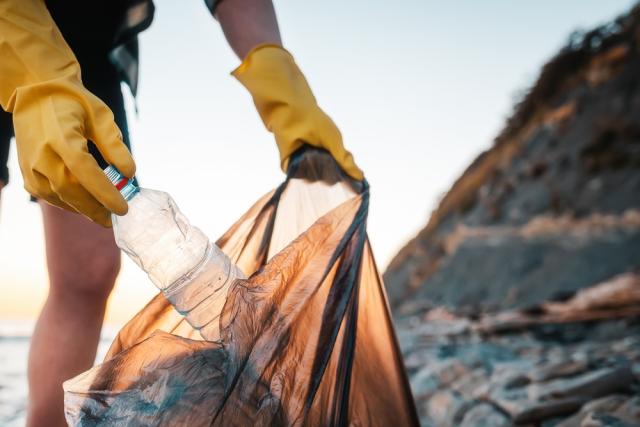
Apex Clean Energy is contributing a total of $1.2 million to conservation efforts near Apex’s sites of operation. (Source: Shutterstock)
Apex Clean Energy is contributing a total of $1.2 million to conservation efforts near Apex’s sites of operation in Kansas, Iowa and Texas as part of its 2022 Conservation Grant Program, the company said in a Jan. 26 press release.
For every Apex commercialized project, the company’s grant program allocates money proportionate to its size for environmental remediation — approximately $1,000 per megawatt or more. Initiatives include wildlife conservation, reforestation and flora restoration.
In the past two years, Apex has awarded $1.7 million to conservation projects to protect and restore more than 1,500 acres, and with matching grant funding, generated an additional $4.3 million. The first round of conservation grants in 2021 totaled $492,000 and went to Prairie Land Conservancy, Grand Prairie Friends, Ducks Unlimited and The Conservation Fund.
“Apex’s Conservation Grant Program advances sustainability beyond our core business, maximizing the positive impact of renewable energy while fostering an ecological balance in and around the communities where our projects operate,” said Mark Goodwin, Apex Clean Energy’s president and CEO. “Through our partners’ crucial work, the benefits of this program will ripple across the country, enhancing and restoring the species, habitats and ecosystems that are the heart of our environment.”
Apex conservation initiatives include:
• $198,000 to Ducks Unlimited in Kansas to restore Neosho River croplands back to native grasses, improve wetland functions and expand public recreational lands;
• $170,000 for The Nature Conservancy in Iowa and $55,000 to the Practical Farmers of Iowa to restore a total of 18 degraded oxbow wetlands alongside the U.S. Fish and Wildlife Service; specifically the Boone River Watershed, one of the only remaining homes of the endangered Topeka shiner freshwater fish;
• $450,000 to The Conservation Fund in northeastern Texas for the acquisition of 450 acres of old-growth bottomland forest for preservation. The land will be transferred to the U.S. Fish and Wildlife Service for the Little Sandy National Wildlife Refuge and connect to almost 20,000 acres of preserved land along the upper Sabine River corridor;
• $200,000 to Bat Conservation International in Huntsville, Texas, to help a colony of Mexican free-tailed bats alongside the Texas Parks & Wildlife Department (TPWD) and the Texas Department of Criminal Justice; and
• $150,000 for Ducks Unlimited to restore and manage playas, a critical wetland habitat for bats through the Texas Playa Conservation Initiative partnership with the Playa Lakes Joint Venture and TPWD.
Apex Clean Energy constructs and operates utility-scale wind, solar and storage facilities in North America.
Recommended Reading
Comments
Add new comment
This conversation is moderated according to Hart Energy community rules. Please read the rules before joining the discussion. If you’re experiencing any technical problems, please contact our customer care team.
